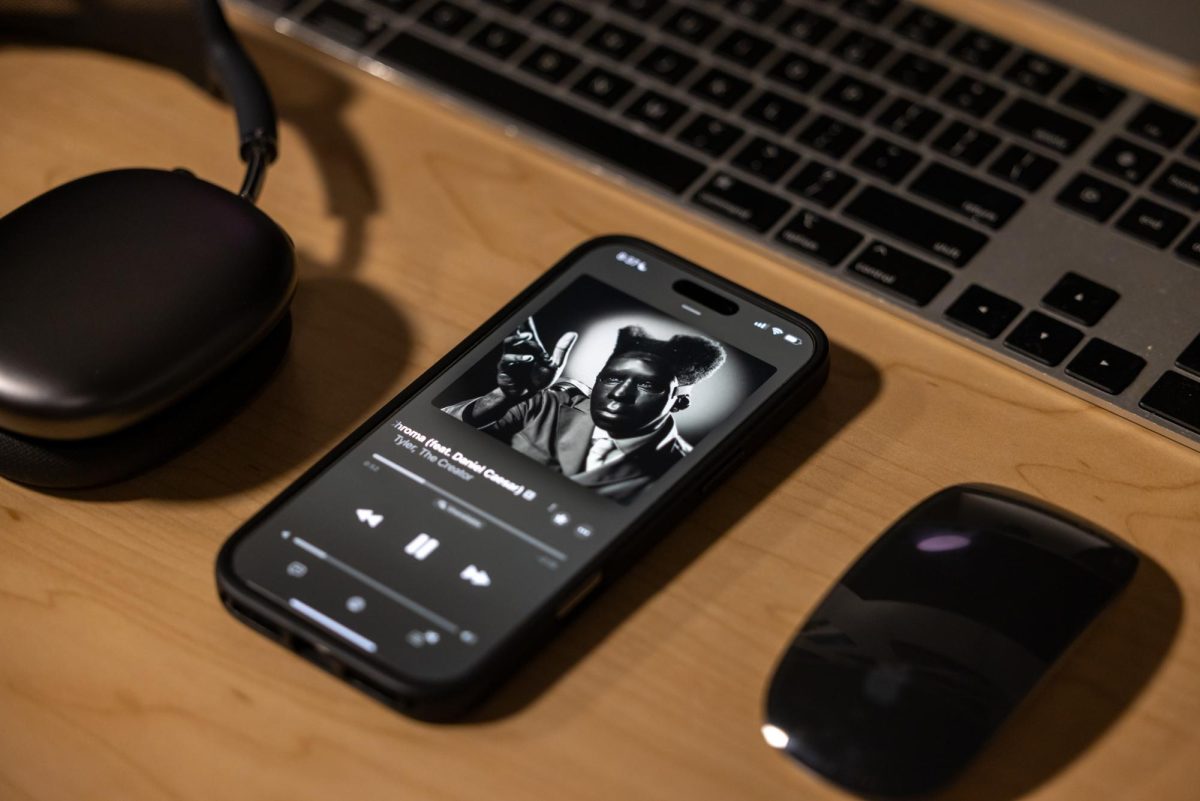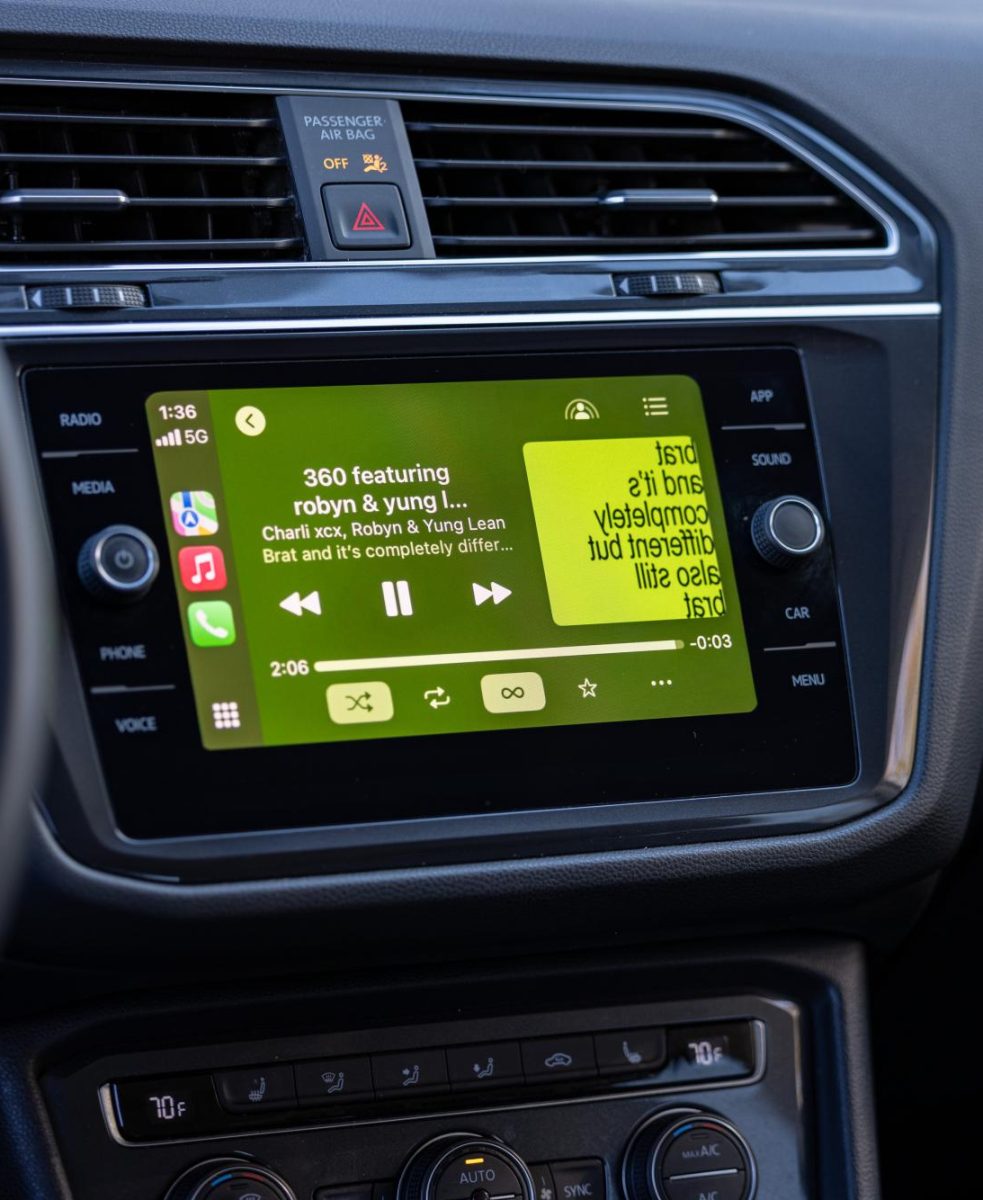Alt-J often seems on the cusp of making sense. The lyrics evoke something without explaining it, the melodies surround the listener without a distinct beginning or end and even the odd name can be typed in letters or in symbols (∆).
The band has been together since 2007, when they were classmates at Leeds University. After several different names, they settled on ‘Alt-J,’ or ∆ , a symbol produced by — surprise — hitting alt-j on a Mac. The quirky name pairs well with their quirky sound, a mix of textured, layered instrumentals and a wide range of vocal ability.
Their first album, An Awesome Wave, received predominantly positive reviews and was noted as being a successful mix of a wide number of genres. It was an album of many sounds that formed into a cohesive whole. It was somewhat poppy and moody, manipulating sounds into calming melodies or frantic riffs, often going from one to another on a whim.
This is where the band’s second album, This Is All Yours, falls a bit short. Part of the appeal of the first album was its decidedly unstudied feel. The band’s sound creates a feeling, instilling something in the listener instead of describing it through lyrics or demanding attention with technical guitar riffs. The first album reads as one long, morphing song. The second, on the other hand, jumps from a bluesy, funky vibe in “Left Hand Free” to the tweeting of birds and a recorder melody in “Garden of England.” Yes, there is actually a recorder duet in the middle of the album.
The first song of their newest release, “Intro,” takes the band’s usual harmonies and sends out a song that is half “glee club warm-up” and half Celtic Women. It feels as though the band members forgot their sound and tried to follow instructions on how to recreate it. Rather than being appealingly and almost accidentally weird, many songs seem weird for the sake of being weird. They read as inauthentic and heavy-handed — or overly bland, as is the case with “Pusher.”
Yet there are as many songs that still work, evoking that “something” that seeps deep into the mind. “Hunger Of The Pine” marries the layered sounds, whispered vocals and unexpected addition of sampled vocals (hello, Miley Cyrus). It almost feels like a remix, but where the addition of birds or other natural “sound on tape” comes across as awkward, these samples fit well into the song. It builds until it feels like a part of the listener’s own thought process. This effect is again found in “Every Other Freckle,” which despite being more frenetic, has a cacophony of sound that sucks the listener into another world.
Alt-J is best at creating these worlds. The album is strongest when it plays with impressionistic and playfully moody noise, interweaving not-entirely-identifiable sounds. The birds, the easily recognizable influences and the attempts at poetic lyrics don’t compare to the half-folk, half-electronic, evocative “mess” they do best. The album is not a bad one. It has strong singles and shows a willingness to change and experiment. While there is nothing wrong with changing and evolving as a band, Alt-J seems to be mid-evolution and uncertain about the next step.
3 out of 5 stars














